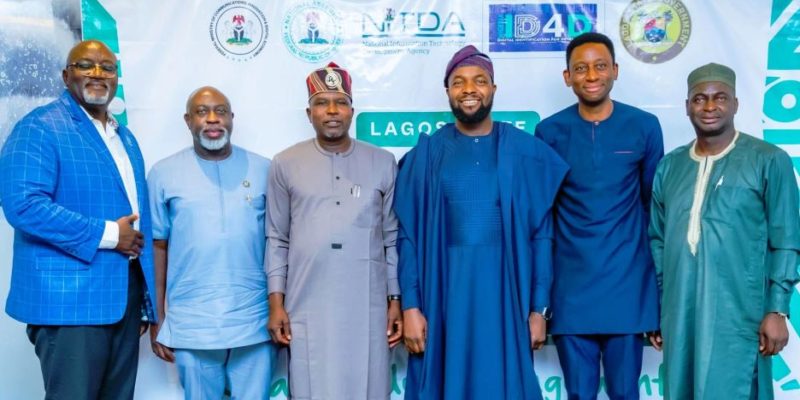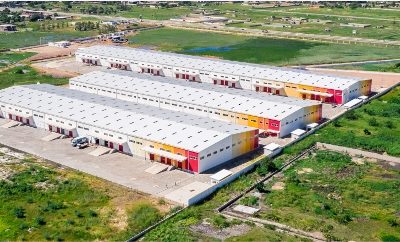This week, the Ministry of Communications, Innovation & Digital Economy held a critical consultation in Lagos. The meeting is to advance its nationwide stakeholder engagement on the draft National Digital Economy and e-Governance Bill. This initiative aims to foster awareness and gather input from diverse stakeholders across all 36 Nigerian states and the Federal Capital Territory.
RELATED: National Digital Economy & e-Governance Bill advances in Nigerian National Assembly
Minister of Communications, Innovation, and Digital Economy, Bosun Tijani, emphasised the importance of the consultations. He said the aim is to strengthen the digital economy and e-governance framework across Nigeria. “As a nation, we want to leverage data interoperability and technology. [This is] not only to empower government agencies to deliver better services but also to enable the private sector to benefit from government services and data. This is why stakeholder engagement, funded by The World Bank, is crucial for refining the Bill with proper feedback,” Tijani explained.
Following similar sessions held in other states, the Lagos consultation marked the latest stop in an extensive tour. Upcoming engagements are scheduled in Kano, Cross River, Kaduna, Ogun, and Abia. The exercise began on October 29. It aims to gather insights from each region to shape Nigeria’s future digital economy policies.
The bill is sponsored by Senator Shuaib Afolabi Salisu (Ogun West Constituency) and Hon. Adedeji Stanley Olajide (Ibadan North West/South West Constituency). Experts said the Bill represents one of the most ambitious legislative efforts to transform Nigeria’s digital landscape. Expected benefits include enhanced digital technology integration to drive economic growth, and a legal framework supporting international digital trade. Others are investments, and improvements in service delivery, transparency, and accountability across Nigeria’s governance structures.
“This bill will be the most profound one in President Bola Ahmed Tinubu’s administration. It has the potential to influence the way we work, live, and interact with one another,” said Salisu.































